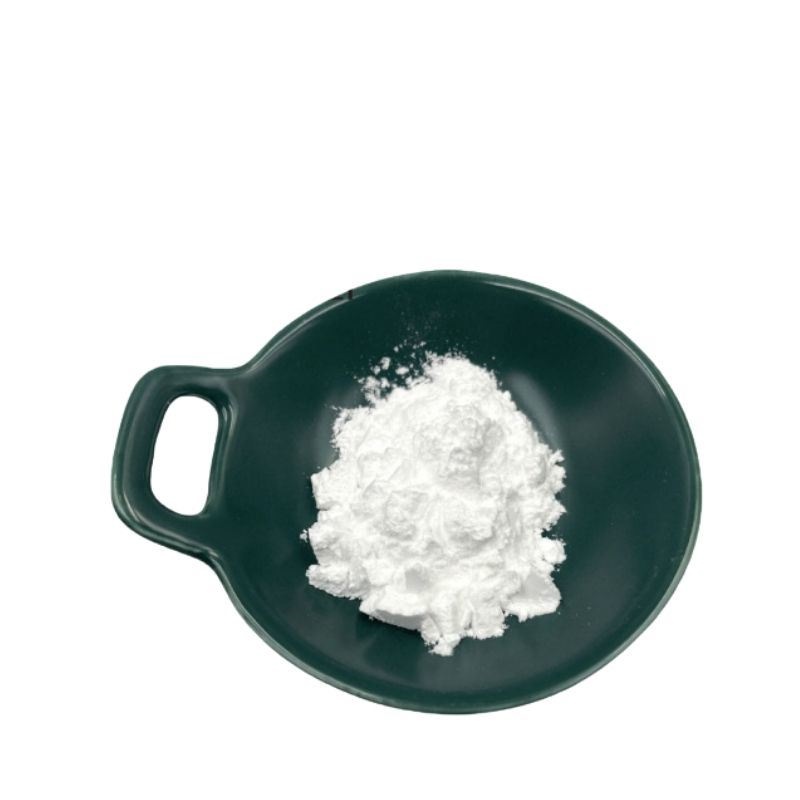Sales hotline
Sales hotline


CAS number:114-26-1
molecular formula:C11H15NO3
molecular weight:209.24
EINECS number:204-043-8
PROPOXUR (2-ISOPROPOXYPHENYL METHYL CARBAMATE);Propoxur (ISO);propoxur (ISO) 2-isopropyloxyphenyl N-methylcarbamate 2-isopropoxyphenyl methylcarbamate;Baygon(R);(2-propan-2-yloxyphenyl) N-methylcarbamate;N-methylcarbamic acid (2-isopropoxyphenyl) ester;Baygon (TM) 1g [114-26-1];Baygon,Propoxur,
Agrochemical raw materials; Analytical standards; Pesticides; Insecticides (mite) agents; Organic nitrogen insecticides; Insecticides; Raw materials; Pesticide Raw Materials; Agricultural Raw Materials and Preparations - Insecticides; Medical Raw Materials; Pesticide Intermediates; Chemical Pesticides; Pesticide Raw Materials; Chemical Reagents - Pesticide Raw Materials;INSECTICIDE;AcaricidesPesticides;Alpha sort;CarbamatesPesticides&Metabolites;Insecticides;N-PAlphabetic;P;Pesticides;Pesticides&Metabolites;PON - PT;BAYGON;Pharmaceutical Raw Materials; Kits-Elisa Kits; Chemical Reagents; Raw Materials
| Melting point | 91°C |
| Boiling point | 348.6°C (rough estimate) |
| Density | 1.1200 |
| Vapor Pressure | 1.3 x 10-3 Pa (20 °C) |
| Refractive index | 1.5080 (estimate) |
| Flash point | -18 °C |
| Storage conditions | 2-8°C |
| Acidity coefficient(pKa) | 12.28±0.46(Predicted) |
| Shape | Minute Crystals |
| Water solubility | Slightly soluble. 0.2 g/100 mL |
Merck | 13,7929 |
BRN | 1879891 |
| Exposure Limits | OSHA TWA: 0.5 mg/m3; ACGIH TLV: TWA 0.5 mg/m3. |
| CAS database | 114-26-1 |
The pure product is white crystalline powder. m.p.91.5°C (84-87°C for industrial products), vapor pressure 1.33Pa (120°C). Soluble in most polar organic solvents, the solubility in water is 0.2%. It is easily hydrolyzed under alkaline conditions, and its half-life is 40 minutes at pH 10 (20°C).
● Quick-acting, long-acting carbamate insecticide, with contact killing, stomach poisoning and fumigation effects, no systemic effect. It is mainly used to control rice stem borers, rice leafhoppers, rice planthoppers, cotton aphids, fruit tree scale insects, rust ticks, miscellaneous grain pests and sanitary pests. The dosage is 3-7.5g active ingredient/100m2, and the general use content is 0.03%-0.075%. For example, to control rice leafhoppers and rice planthoppers, use 2% to 3% powder 225 to 338g/100m2 to spray, or use 0.05% to 0.1% emulsion to spray, or use 4% granules to control 300 to 338g. To control rice borer, use 15% emulsifiable concentrate to dilute 400 times and spray.
● Non-systemic insecticide. It has the effects of contact killing, stomach poisoning and fumigation, fast knockdown, the speed of rapid formation is close to that of dichlorvos, and long-lasting effect. It can kill ectoparasites, household hygiene pests (mosquitoes, flies, cockroaches, etc.) and storage pests.
● Dissolve o-propanol in dehydrated dioxane, add methyl isocyanate and triethylamine dropwise, and the temperature of the reaction mixture is gradually raised. Cool to precipitate crystals. After adding petroleum ether, the crystals are completely precipitated. Collect the crystallization product, i.e. propoxur. The by-product urea is washed with petrolatum and water, the solvent is removed, dried under reduced pressure at 50°C, recrystallized from benzene, and recovered Carnamide. Raw material consumption quota: o-propanol 890kg/t, methyl isocyanate 330kg/t, dehydrated dioxane 150kg/t, petroleum ether 500kg/t.
● Methyl isocyanate method
The preparation of o-isopropoxyphenol slowly drips 1mol 2-bromopropane into the mixed solution of refluxed 1mol catechol, 2mol potassium carbonate, methyl ethyl ketone and phase transfer catalyst, and continues the reflux reaction for a certain period of time after dropping. Then evaporate most of butanone, add enough water to dissolve the solid salt, and then extract with benzene, the extract is extracted with dilute sodium hydroxide solution, the extract is neutralized with dilute hydrochloric acid, and then extracted with benzene, calcium chloride After drying, most of the benzene was evaporated, and the fraction at 84-86°C/333.3Pa was collected under reduced pressure. A colorless and transparent o-isopropoxyphenol was obtained, n25D1.5131, with a yield of >60%.
The preparation of methyl isocyanate see the preparation method of carbaryl.
Synthesis of propoxur Dissolve 1mol o-isopropoxyphenol in dioxane. Add 1 mol of acid-binding agent, add 1 mol of solid methylcarbamoyl chloride in portions under stirring, stir at room temperature for 1 hour, then pour the mixed solution into ice water, stir thoroughly, filter with suction after crystallization is complete, wash with cold water and petroleum ether, and dry Afterwards, propoxur was obtained with a yield of 75% and a melting point of 90.5-91°C.
It is reported in foreign literature that Pomsha Weduo is produced by the isocyanate method, that is, o-isopropoxyphenol and methyl isocyanate are reacted in a dioxane solvent with a few drops of triethylamine as a catalyst. After washing, drying and recrystallization, propoxur was obtained with a yield of 84%.
Chloroformate method
First synthesize isopropoxy chloroformate phenol ester, and then synthesize propoxur through aminolysis. Both reactions are carried out at low temperature.
Sales hotline:

 Scan and consult wechat customer service
Scan and consult wechat customer service